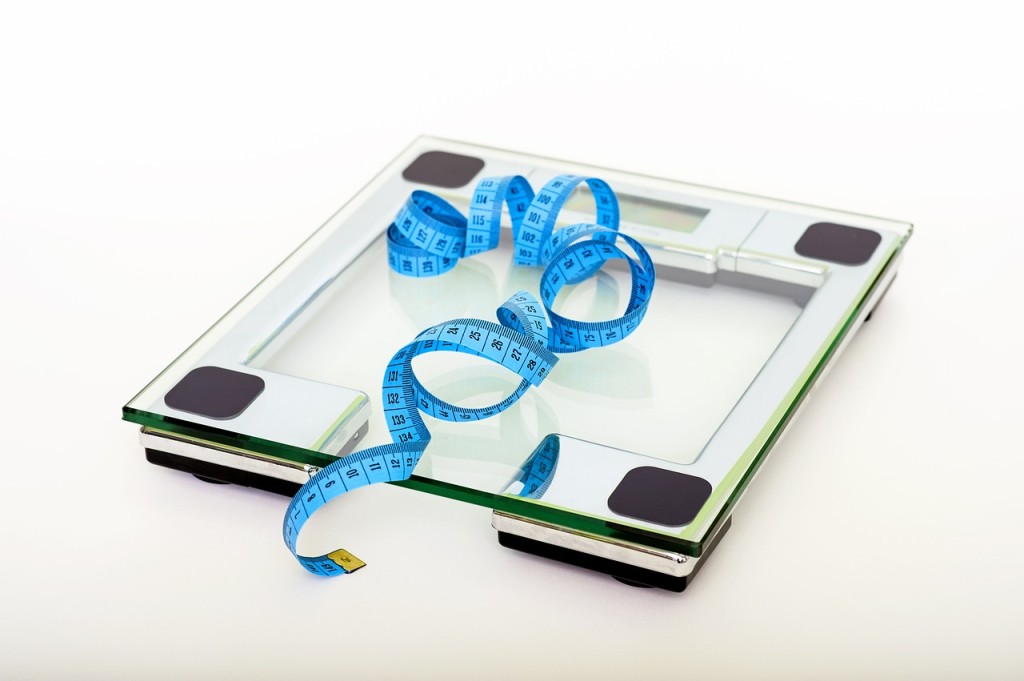- Calls to this hotline are currently being directed to Within Health, Fay or Eating Disorder Solutions
- Representatives are standing by 24/7 to help answer your questions
- All calls are confidential and HIPAA compliant
- There is no obligation or cost to call
- Eating Disorder Hope does not receive any commissions or fees dependent upon which provider you select
- Additional treatment providers are located on our directory or samhsa.gov
Binge Eating Disorder: Learning Health at Every Size

Weight stigmas often go hand-in-hand with eating disorders.
Because of the rampant misconceptions circulating through the media and culture about eating disorders, many individuals wrongly assume that these psychiatric illnesses have more to do with weight and body type than with the myriad of other factors that contribute to the development of these disorders.
This in combination with the current “obesity scare” in our country; there is a general fear of “being fat” and acceptance/reward for those who are thin.
Understanding How Weight Stigmas Affect Those Dealing With Binge Eating Disorder
Among the various types of eating disorders, binge eating disorder impacts more individuals than anorexia and bulimia combined. Although the most common eating disorder in America, there continues to be a cloud of confusion surrounding this disorder.
For example, many people might assume that binge eating is simply a problem with eating “too much food” or a lack of self-control when it comes to eating, however, this could not be farther from the truth.
Strong psychosocial and biological factors influence a person to binge eat, and this is not something that a sufferer can simply switch on and off.
Another misconception of individuals who struggle with binge eating disorder is that they are overweight or obese, however this is another false assumption.
Binge eating disorder can affect a person regardless of their weight or body type – an individual can be of normal weight while suffering with binge eating disorder.
Understanding and challenging the weight stigmas associated with binge eating disorder are important to helping people connect with the treatment they need for recovery.
A person who binge eats may assume they are “not sick enough” to get professional help based on their size, body type, or weight, but eating disorders are not defined by these factors.
Seeking Out Professional Help and Learning Health at Every Size
 If you suspect that you or a loved one is struggling with binge eating disorder but are unsure how to address these concerns, be sure to reach out to someone you trust and can confide in.
If you suspect that you or a loved one is struggling with binge eating disorder but are unsure how to address these concerns, be sure to reach out to someone you trust and can confide in.
Isolation is a strong component of eating disorders, and it can be much easier to suffer in silence about your struggles rather than reach out for the help you need and deserve.
Do not fall into the “weight trap”, believing that your weight or body size is a defining criterion of what you may be struggling with.
By seeking out appropriate, professional, and specialized help for binge eating disorder, you can learn to make peace with your body and food and ultimately find healing from binge eating disorder.
About the Author:

Crystal Karges, MS, RDN, IBCLC is a Masters-level Registered Dietitian Nutritionist (RDN) with a specialty focus in eating disorders, maternal/child health and wellness, and intuitive eating.
Combining clinical experience with a love of social media and writing, Crystal serves where her passion to help others find recovery and healing is integrated into each part of her work.
As a Certified Intuitive Eating Counselor, Crystal has dedicated her career to helping others establish a healthy relationship with food and body through her nutrition private practice.
The opinions and views of our guest contributors are shared to provide a broad perspective of eating disorders. These are not necessarily the views of Eating Disorder Hope, but an effort to offer discussion of various issues by different concerned individuals.
We at Eating Disorder Hope understand that eating disorders result from a combination of environmental and genetic factors. If you or a loved one are suffering from an eating disorder, please know that there is hope for you, and seek immediate professional help.
Last Updated & Reviewed By: Jacquelyn Ekern, MS, LPC on May 28, 2019
Published March 11, 2016, on EatingDisorderHope.com

The EatingDisorderHope.com editorial team comprises experienced writers, editors, and medical reviewers specializing in eating disorders, treatment, and mental and behavioral health.

